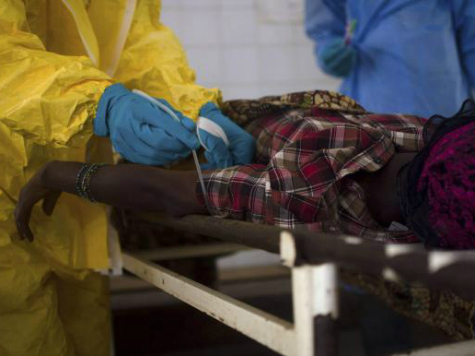This article originally appeared at the National Journal:
West Africa is currently in the midst of the largest Ebola outbreak in history, and it’s only getting worse.
Nearly 1,000 people have died and more than 1,700 have been infected by the deadly virus since the outbreak began in March, according to the latest data from the World Health Organization. The death toll is already nearly four times as high as the next highest on record, which occurred in the first documented outbreak in 1976.
And the virus shows no signs of letting up, leading WHO to declare the outbreak a “public health emergency of international concern” early Friday morning. The designation will require the agency to make recommendations for immediate international action against the outbreak and ramp up response, which many health experts say has been lacking.
The announcement was made by WHO Director General Margaret Chan at the conclusion of a two-day emergency meeting this week on how to deal with the virus.
To receive the designation, an outbreak must meet at least two of the following four criteria: Is the public health impact of this event potentially serious? Is this event unusual or unexpected? Is there the potential for international spread? And is there the potential for travel and trade restrictions?
There have been two cases given the designation since the regulations were put into place in 2005: the influenza outbreak in 2009, and the polio outbreak in the spring of this year.
There have been about 30 recorded outbreaks of the Ebola virus in the last four decades, but none have come close to this magnitude.
So why is this time so different?

COMMENTS
Please let us know if you're having issues with commenting.